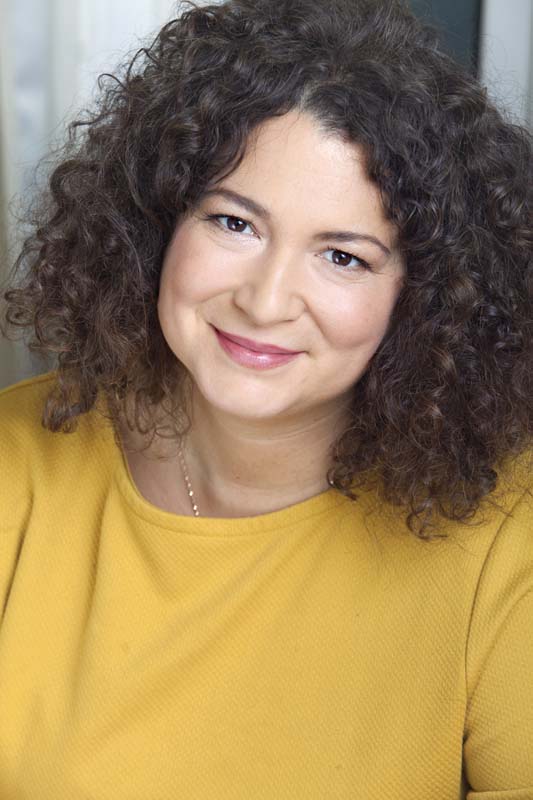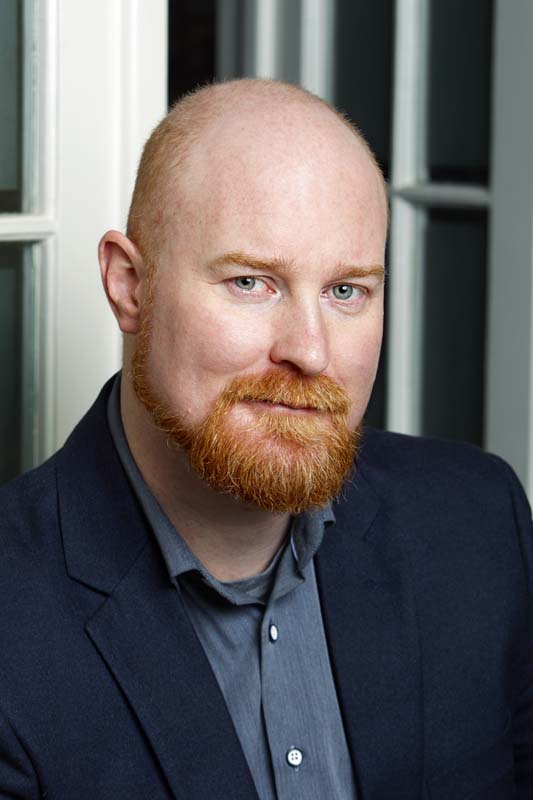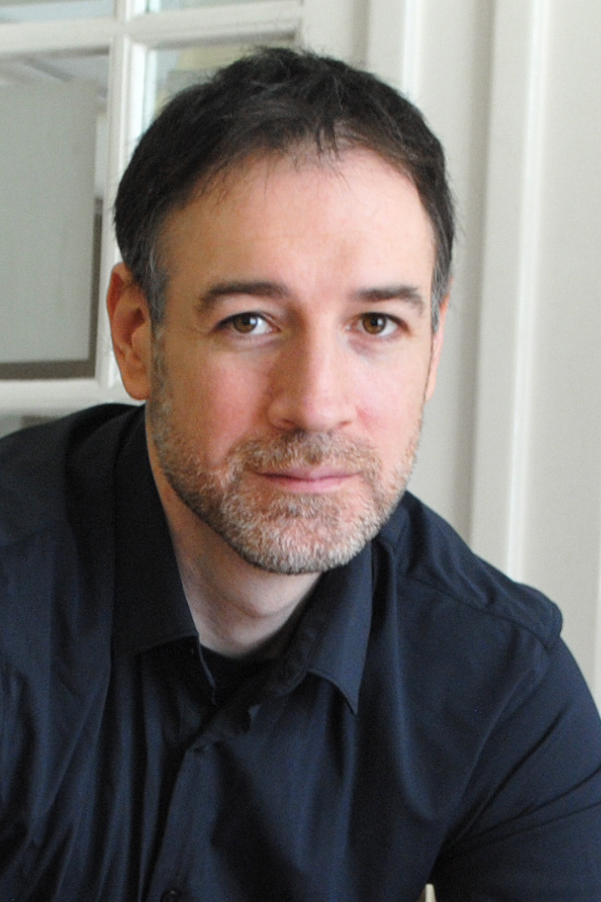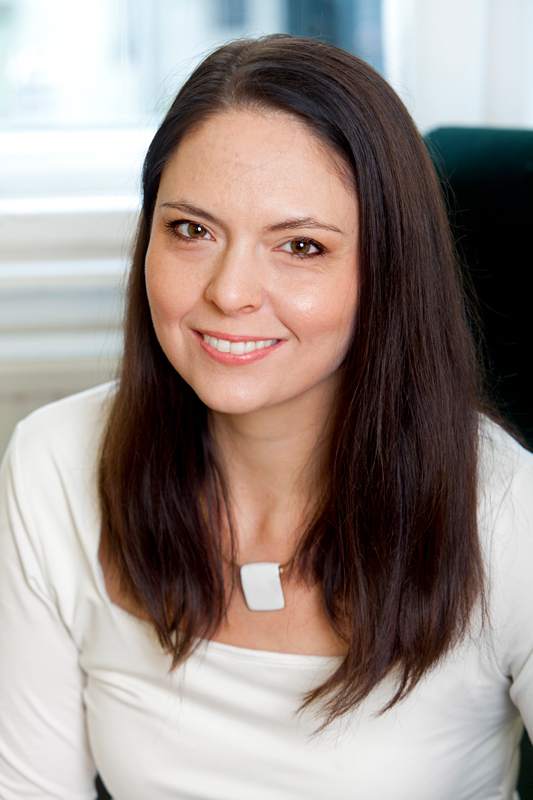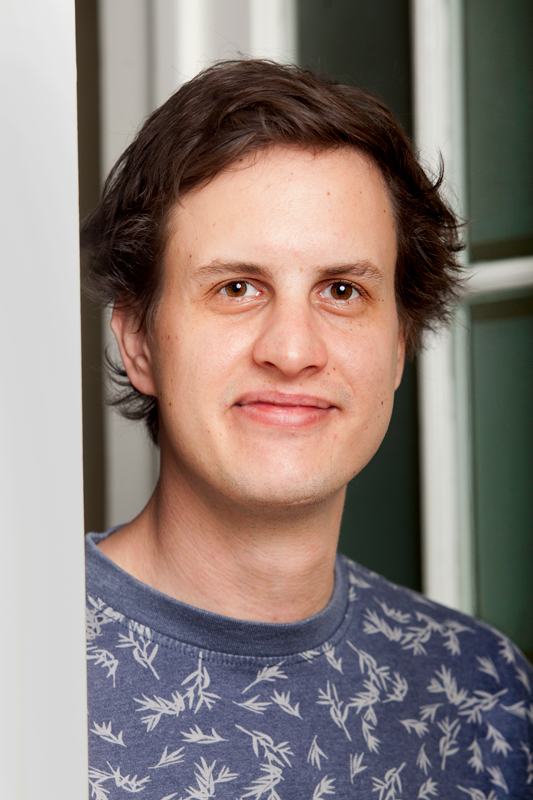Life and career planning
A specific version of career counselling can help during the adult years, with an already started career. Changing jobs, new life roles, transitions between life stages can all justify taking time to work on your life path. One of the most important things when making a change is to choose not just a new job, place to live, etc., but a new lifestyle. Career counselling helps in this complex integration process.
When is it advised to attend life and career planning counselling?
Today’s concept of careers has moved away from the “you must finish what you started” approach to a more “look for yourself and your potential” approach. It is almost a cliché that you will change not only your job but also your profession in the course of your life.
This can have external causes such as market conditions, and internal causes such as changes in interests, values or skills.
Each of these cases present complex self-awareness, motivation and life management challenges.
For whom do we recommend it?
How long does the life and career planning counselling take?
As with most forms of counselling, the length of the life and career planning counselling process varies from person to person, depending on where they are in their life with self-awareness and other challenges, but 3-12 sessions can cover a complete process. One counselling session, as in other cases, is 50 minutes long.
Testimonies
Feedback – our clients’ experiences with our colleagues
“Through life and career planning, I have discovered many new perspectives and opportunities about myself and my future. The counsellors helped me to develop a vision of life and a goal to shape my career around.”
“As a mother of a young child, after six years at home, I was planning to return to the world of work. Although the multinational company I had worked for was happy to take me back, I couldn’t imagine how that lifestyle and type of role—so typical of my former life—would be compatible with my current family life. This filled me with anxiety. The counseling process helped me rebuild my professional self-esteem, reposition myself, and confidently assert my boundaries when returning to work.”


